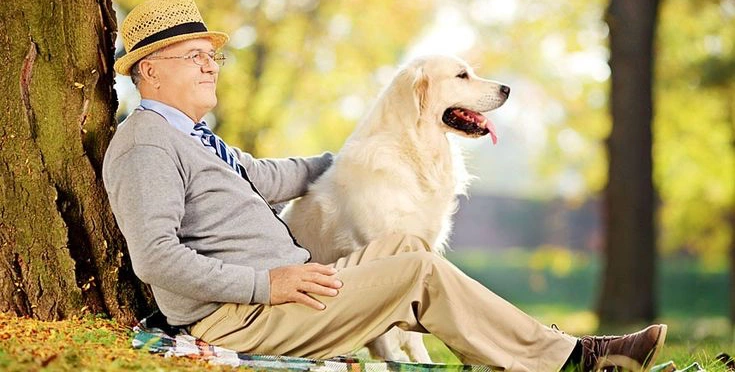Responsible Pet Ownership
Pets are a source of joy and companionship, but they also come with serious responsibility. Caring for cats, dogs, birds, rodents, and other animals requires an informed and committed approach. Responsible pet ownership means understanding an animal’s needs, its living requirements, and expected lifespan. Irresponsible ownership can lead to animal suffering, overfilled shelters, and public health concerns in urban areas.
Before adopting a pet, one should assess their resources—time, finances, living space, and readiness for a long-term commitment. A pet is not a toy but a sentient being that deserves care, attention, and respect. It is unacceptable to adopt animals on impulse, for trends, or as surprise gifts without consent.
Proper nutrition, veterinary care, socialization, physical activity, and mental well-being are essential to a pet’s health. Vaccination, sterilization, parasite prevention, and regular check-ups help prevent diseases and extend an animal’s life. Pet overpopulation can be controlled by responsible breeding and preventing abandonment.

Education is key to promoting responsible pet ownership. School lessons, public campaigns, volunteering, and working with shelters teach both children and adults the value of life and the importance of care. Animal protection laws and enforcement further reduce neglect and cruelty.
Responsible pet ownership also includes respect for others: walking dogs in designated areas, cleaning up after them, and preventing aggressive behavior. Taking care of an animal with full responsibility helps build a more compassionate and civilized society.

Close